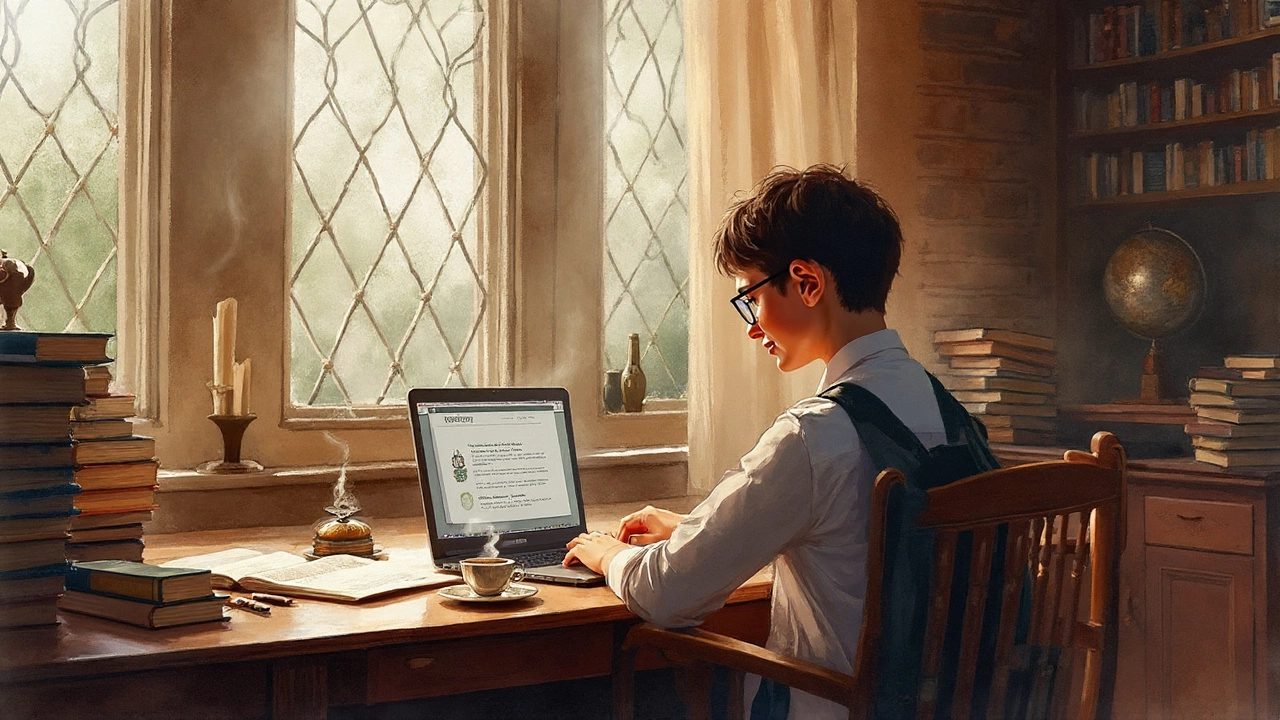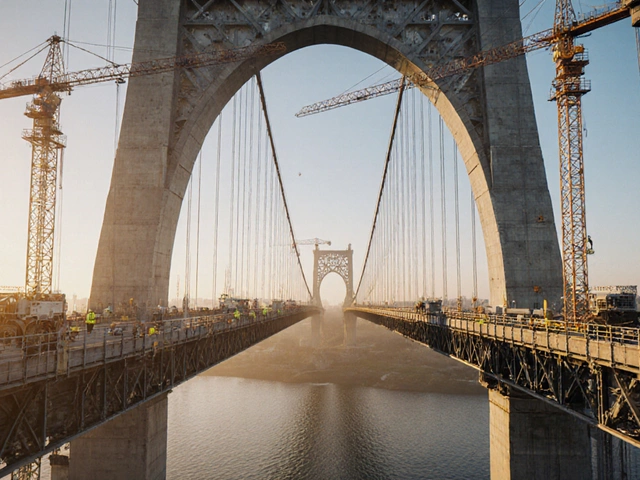
NC License Commercial Use Checker
Answer the questions below:
1. Is the final product sold or offered for a fee?
2. Does the usage generate advertising revenue, affiliate income, or lead generation?
3. Will the work be used to promote a business, product, or service?
4. Is the asset part of a portfolio that you use to attract paying clients?
Non-Commercial Use License is a type of permission that allows individuals to use, modify, or share a work only if the usage does not generate revenue or direct commercial benefit. When you see the phrase not for commercial use attached to a photo, a piece of music, or even software, it’s a red flag that the creator wants to keep their work out of profit‑driven projects. Ignoring that line can lead to lawsuits, takedown notices, or a damaged reputation.
What Does “Not for Commercial Use” Actually Mean?
The wording can feel vague, but it boils down to one simple rule: you may not use the material in any activity where you or a third party receives money, advertising revenue, or a tangible business advantage. This includes:
- Embedding the asset in a for‑sale product (e.g., a brochure for a paid consultancy).
- Using it on a website that displays ads or sells subscriptions.
- Including it in a marketing campaign that drives sales.
Conversely, personal blogs, school projects, internal training documents, or non‑profit outreach that doesn’t raise funds are usually safe, but you should still double‑check the license text.
Key Licensing Entities You’ll Encounter
Understanding the ecosystem of rights helps you avoid accidental breaches.
Creative Commons (CC) is a nonprofit organization that provides a suite of standardized licenses, ranging from the most permissive (CC0) to the most restrictive (CC BY‑NC‑ND). The most common non‑commercial variant is CC BY‑NC, which lets you share and remix the work as long as you give credit and never use it commercially.
Copyright is the default legal protection that automatically applies to original works, granting the creator exclusive rights to reproduce, distribute, and create derivatives. A non‑commercial clause is typically added via a separate license or a specific clause in a contract.
Fair Use (U.S.) or Fair Dealing (Commonwealth) are limited exceptions that permit commercial use under narrow conditions, such as commentary, criticism, or news reporting. They do not override an explicit "not for commercial use" clause.
Public Domain denotes works with no remaining copyright restrictions, meaning you can use them commercially without permission.
Royalty‑Free is a marketing term that often confuses creators; it usually means you pay a one‑time fee for unlimited use, but the license may still include a non‑commercial restriction.
Attribution (or credit) is a requirement in many CC licenses, demanding you name the original creator in a specified manner.
Derivative Works are new creations that incorporate the original material. Some non‑commercial licenses allow derivatives only for personal use, while others forbid them altogether.
Common Scenarios Where NC Licenses Appear
Here are the most frequent places you’ll stumble on a "not for commercial use" label:
- Stock photography sites - Many free‑image libraries (e.g., Unsplash, Pexels) offer images under CC BY‑NC or a custom NC clause.
- Music and sound effects - Platforms like Free Music Archive often label tracks as CC BY‑NC, limiting their use in paid videos or apps.
- Fonts and icons - Some designers release typefaces under NC licenses to protect commercial exploitation.
- Software snippets - Open‑source snippets may be shared under NC terms, especially on tutorial blogs.
- Educational resources - Universities sometimes publish lecture slides with NC clauses to keep them out of commercial textbooks.
If you plan to monetize any project that incorporates these assets, you must either obtain a commercial license upgrade or replace the material.
Risks of Ignoring the NC Clause
Violating a non‑commercial restriction can expose you to:
- Copyright infringement lawsuits - Even small commercial uses can trigger legal action, often resulting in costly settlements.
- DMCA takedown notices - Platforms like YouTube and Instagram will remove offending content on the spot.
- Loss of audience trust - Customers appreciate ethical sourcing; a breach can damage brand reputation.
Beyond legal concerns, many creators are passionate about keeping their work free for personal or educational use. Respecting their wishes nurtures a healthier creative ecosystem.

How to Determine Whether Your Project Is Commercial
Not every money‑related activity is commercial. Ask yourself these questions:
- Is the end product sold or offered for a fee?
- Does the usage generate advertising revenue, affiliate income, or lead generation?
- Will the work be used to promote a business, product, or service?
- Is the asset part of a portfolio that you use to attract paying clients?
If you answer “yes” to any of the above, treat the project as commercial and seek appropriate licensing.
Comparison of Popular Licenses
| License | Commercial Use Allowed? | Attribution Required? | Share‑Alike? | Typical Use Cases |
|---|---|---|---|---|
| CC BY | Yes | Yes | No | Marketing assets, apps, websites |
| CC BY‑NC | No | Yes | No | Personal blogs, classroom slides |
| CC BY‑SA | Yes | Yes | Yes (same license) | Open‑source projects, collaborative art |
| CC0 / Public Domain | Yes | No | No | Any commercial or non‑commercial purpose |
| Custom NC License (e.g., many stock‑photo sites) | No (unless upgraded) | Often yes | Varies | Free blogs, nonprofit newsletters |
Best Practices for Respecting NC Licenses
Follow these steps to stay on the right side of the law:
- Read the full license text - Some NC clauses include exceptions for "educational use" or "non‑profit" only.
- Document the source - Keep a spreadsheet with URLs, license version, and download dates.
- Ask for clarification - When in doubt, contact the creator; many are happy to grant a commercial waiver for a fee.
- Use attribution correctly - Follow the exact format requested (e.g., name, title, source link).
- Consider alternatives early - If a project might go commercial later, start with CC0 or royalty‑free assets that include commercial rights.
Alternatives When You Need Commercial Rights
If a non‑commercial restriction blocks your plan, you have options:
- Purchase a commercial license upgrade - Many stock photo sites offer a simple checkout to lift the NC limit.
- Switch to public domain resources - Websites like Pixabay (CC0) and the U.S. Government images provide unrestricted use.
- Commission original work - Hiring a photographer or musician guarantees you own the commercial rights.
- Use open‑source assets with permissive licenses - Licenses like MIT or Apache for code, and Creative Commons Zero for media, are hassle‑free.
Investing in the right license at the start saves headaches and legal fees down the line.
Frequently Asked Questions
Can I use a “not for commercial use” image on a blog that has Google AdSense?
No. Displaying ads means the site earns revenue, which counts as commercial use. You need either a commercial license upgrade or a different image that permits ad‑supported sites.
Is a non‑profit organization automatically allowed to use NC‑licensed material?
Not automatically. Some creators grant an exception for non‑profits, but you must read the specific license text. When the license is silent, treat the use as commercial and seek permission.
What’s the difference between “royalty‑free” and “non‑commercial”?
“Royalty‑free” refers to payment structure - you pay once and can reuse the asset many times. It does **not** guarantee commercial rights; many royalty‑free bundles still carry a "not for commercial use" clause. Always check the license.
Can I modify a CC BY‑NC photo and then sell the edited version?
No. The NC restriction applies to the original work and any derivatives. Even heavy modifications are considered a derivative, so selling it still violates the license.
Is "fair use" a safe fallback for commercial projects?
Fair use is a narrow defense evaluated case‑by‑case. Relying on it without legal counsel is risky, especially when the creator has explicitly blocked commercial use.
How can I verify that an image truly is public domain?
Look for clear markings such as "CC0" or a statement from a reputable source (e.g., U.S. Government). When in doubt, check the image’s provenance or use a dedicated public‑domain repository.




